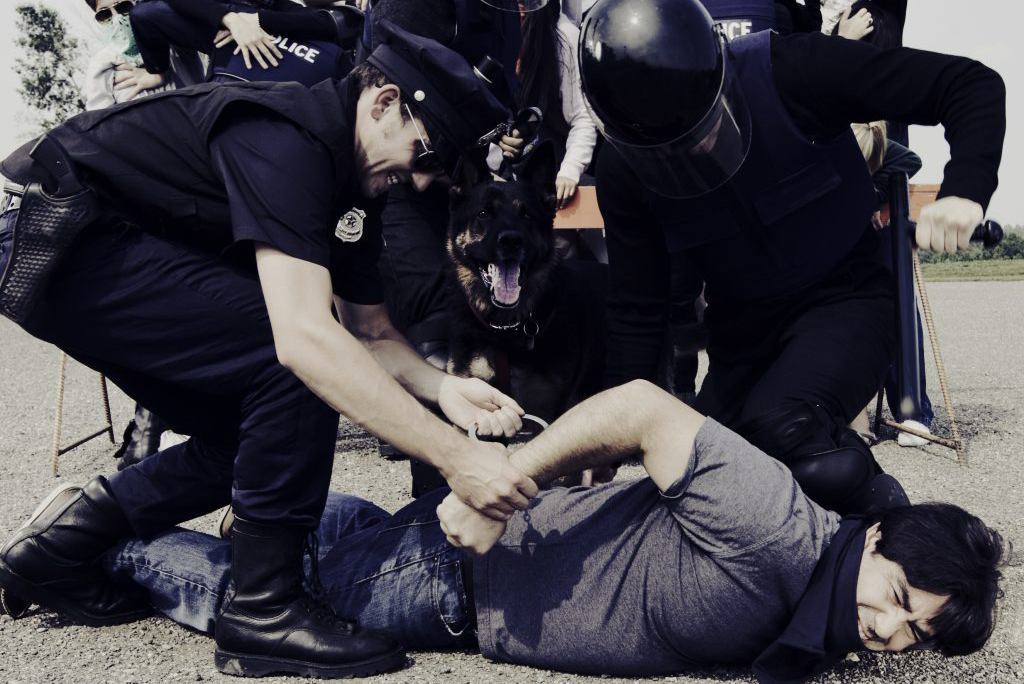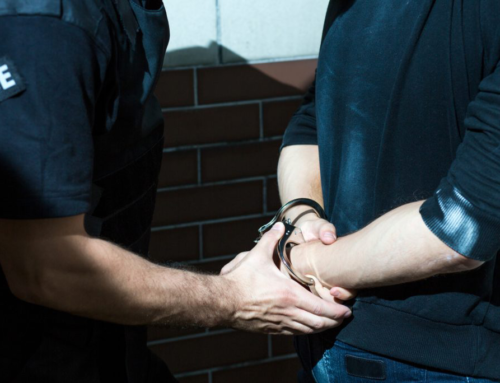 On July 7, a panel of judges for the 3rd U.S. Circuit Court of Appeals ruled – unanimously – that individuals have a First Amendment right to film police officers in their official capacity. The 3rd Circuit now stands alongside the 1st, 5th, 7th, 9th and 11th Circuits in ruling as such.
On July 7, a panel of judges for the 3rd U.S. Circuit Court of Appeals ruled – unanimously – that individuals have a First Amendment right to film police officers in their official capacity. The 3rd Circuit now stands alongside the 1st, 5th, 7th, 9th and 11th Circuits in ruling as such.
The decision stemmed from two cases out of Philadelphia. In one, a woman named Amanda Geraci tried to film police. They were arresting an anti-fracking protester. When they noticed her filming, an officer pinned her against a pillar to stop her from recording. The second incident involved a Temple University sophomore named Richard Fields. He tried to film officers breaking up a house party. An officer harassed him and told him to leave. When he refused, he was arrested and detained, and police confiscated his phone and went through his photos. The two plaintiffs filed civil rights suits against the interfering officers.
However…
Despite the victory for First Amendment rights, the two officers were granted qualified immunity in a 2-1 vote. The court said that the right to record was not clearly established at the time of the incidents. The dissenting judge believed otherwise. The Philadelphia Police Department recognized citizens’ right to record in 2011. So did the U.S. Department of Justice. This “robust consensus” should have prevented the officers from receiving immunity, according to Justice Richard L. Nygaard.
There you have it – yet another district court standing up for the First Amendment rights of Americans to record police. Texas is in the 5th District, which has ruled the same way. So, if a police officer tries to stop you from recording, know your rights. Video evidence can be an especially powerful tool for helping fight criminal charges against you.







